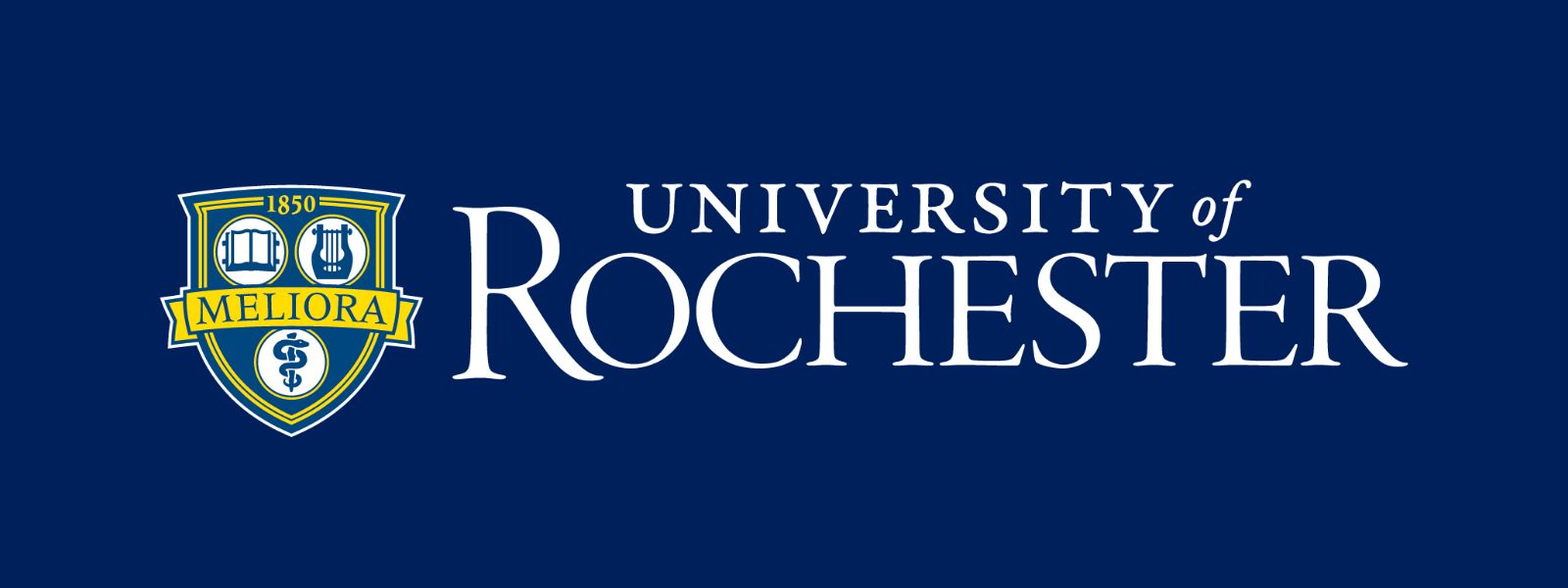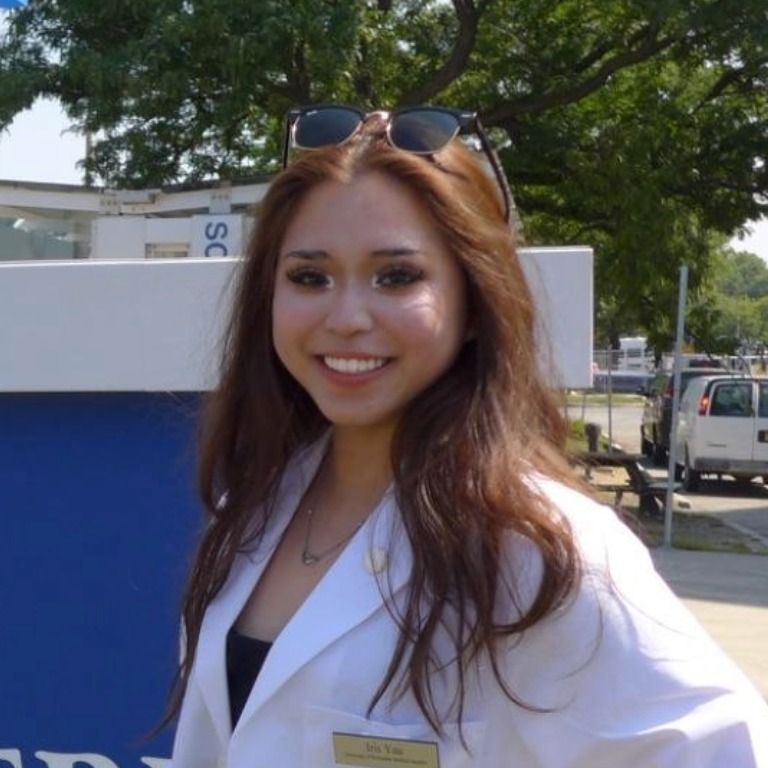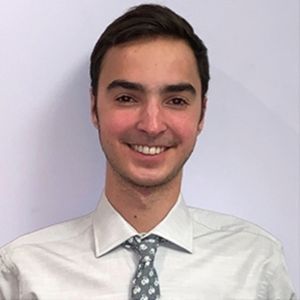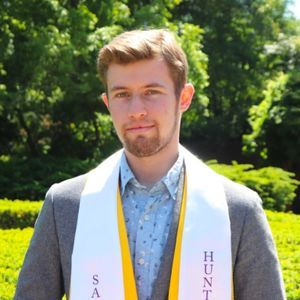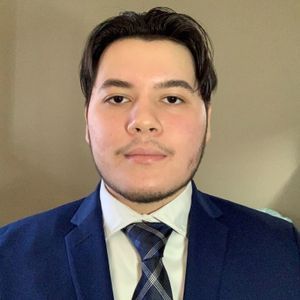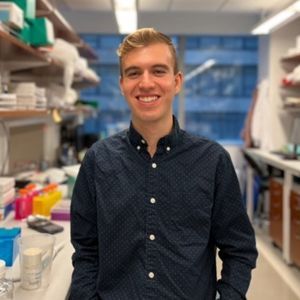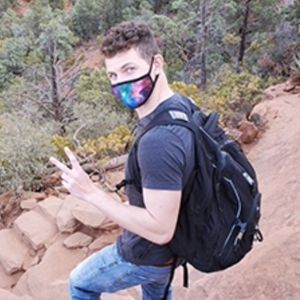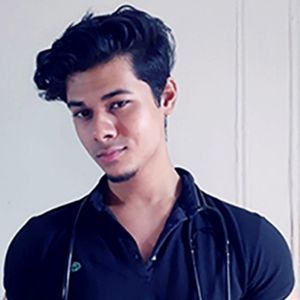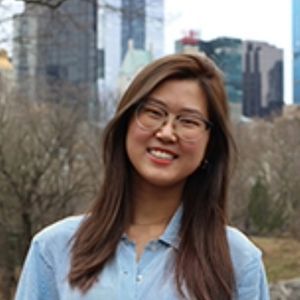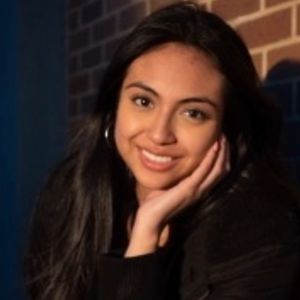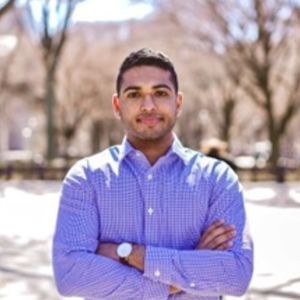2025 Matriculants
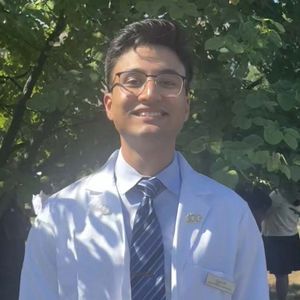
Name: Qazi Ali
Major: Human Biology
Minor: Political Science
Overall GPA: 3.98
Graduation Year: 2025
Matriculation Year: 2025
Q: Which school will you be attending?
A: University of Rochester School of Medicine and Dentistry.
Q: What drew you to this particular health field?
A: I was drawn to medicine through a combination of long-term scientific curiosity and sustained clinical exposure. My undergraduate research at Weill Cornell focused on liver biology and disease, where I became deeply interested in how molecular mechanisms translate into real patient outcomes. At the same time, working directly with patients as a medical assistant, scribe, and volunteer in community and nursing-home settings showed me the human impact of disease beyond the bench. Medicine offered a way to integrate rigorous science, longitudinal patient relationships, and advocacy, while allowing me to remain intellectually engaged across both research and clinical care.
Q: What extracurriculars did you participate in?
A: I spent four years conducting translational liver research at Weill Cornell Medicine Schwartz Lab, working with animal models, stem cell culture, histology, imaging, and experimental design, and contributing to multiple peer-reviewed publications. In parallel, I accumulated over three years of hands-on clinical experience as a medical assistant and scribe in dermatology, nursing home, and community health settings, assisting with procedures, wound care, medication management, and direct patient care, while also coordinating volunteer teams. I was also deeply engaged in education, serving as a peer teaching assistant for Organic Chemistry I and II, teaching K–12 science through Mentoring in Medicine, and later working as an SAT instructor, developing curricula and providing individualized academic support. For the first two years of college I also had a part time job at the Apple store near Hunter and Hollister
Q: How many hours on average did you spend studying for your courses per week?
A: On non-exam weeks, I studied about 6–7 hours per week, as I had many responsibilities outside of coursework. During exam weeks, I increased my study time substantially, and often studied late into the night/morning to prepare.
Q: Did you use a test prep course? What resources did you use to prepare?
A: N/A
Q: Did you take a GAP year? If so, why?
A: N/A
Q: What do you consider to be your strengths in your application?
A: One of the strengths of my application was showing that I could balance a demanding academic workload with significant responsibilities outside of school. Managing long-term research, clinical work, and teaching alongside coursework required strong organization and consistency, and my academic performance reflected that balance. I think this demonstrated reliability, time management, and the ability to handle sustained commitments rather than short-term involvement.
Q: Did you apply nationally?
A: No, I only applied to Rochester through Hunter’s Prehealth Program.
Q: How did the Pre-Health Advising Office help you achieve your goals?
A: The Pre-Health Advising Office was incredibly helpful throughout my application process, especially through the support of Nina and Kemile, who provided detailed essay editing, interview preparation, and honest feedback. I was not particularly strong at interviewing initially, and their guidance, practice sessions, and constructive critiques helped me improve significantly and become much more confident and effective during interviews.
Q: What advice do you have for future applicants?
A: Try to get involved in research as early as possible, ideally freshman year, and stay consistent with a lab over multiple years. Long-term projects take time, and sustained involvement increases the likelihood of meaningful contributions and publications, which rarely happen quickly.
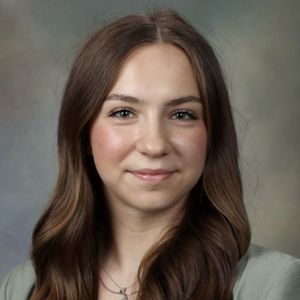
Name: Natalia Pozdnyakova
Major: Chemistry with a Biochemistry Concentration
Overall GPA: 4.0
Graduation Year: 2025
Matriculation Year: 2025
Q: Which school will you be attending?
A: University of Rochester School of Medicine and Dentistry
Q: What drew you to this particular health field?
A: Early on, I knew that my future lies in the field of medicine and dedicating my life to helping others. Throughout my journey, as both a student and a patient, I was exposed to physicians and the realities of clinical care. Through these experiences I learned three important things about the field. First, medicine is really challenging and you are expected to understand complex information and apply it in ways that directly affect someone’s health and as a result, the quality of their life. Second, the field requires a life long learner. Medicine is constantly changing and I find the challenge of adapting to new technologies and treatments exciting. Lastly, as a clinician you make a direct impact on your patients, but as a physician you are uniquely positioned to make extensive, indirect impacts on patients and also their family, your community, and even globally. As a future physician, I hope that my impact will be limitless.
Q: What extracurriculars did you participate in?
A: I was an Organic Chemistry TA for CHEM 222/224, a physics tutor at the Skirball Science Learning Center, a mentee and then a mentor for the Hunter College Pre-Health Mentoring Initiative, a pre-health ambassador and a Student Life volunteer at Macaulay, and a JHealth member at Hunter. Outside of school, I became an advising fellow at Matriculate to low-income/high-achieving college applicants. I was also the Department Chief of the Shadowing Team for Hearts for Health, an online shadowing program and an Intergenerational Intern at DOROT, facilitating intergenerational programs that connected older adults and teens. As well, I worked for a third party dental billing company. I participated in the UPS and UPS+ programs through the Mayo Clinic, where I was able to shadow physicians and gain professional development. At Memorial Sloan Kettering Cancer Center, I performed research on breast cancer imaging modalities, presenting my findings at ABRCMS. I also volunteered in their Urgent Care and pediatric oncology department. In the Trauma Surgery Department in NYC Health+Hospitals/Bellevue, I performed research on complicated appendicitis and shadowed physicians. At Hunter College, I joined Dr. Anton Oliynyk’s lab to work on research on intermetallic compounds.
Q: How many hours on average did you spend studying for your courses per week?
A: Per week, I spent around 10-20 hours studying for my courses.
Q: Did you use a test prep course? What resources did you use to prepare?
A: I did not use a prep course because my acceptance to URSMD’s early assurance program did not require a MCAT score.
Q: Did you take a GAP year? If so, why?
A: No, I did not take a gap year. By being admitted through the early assurance program, I decided to start medical school directly after my undergraduate education.
Q: What do you consider to be your strengths in your application?
A: I consider the main strength of my application to be how well rounded it was. I demonstrated a strong academic foundation in the sciences, consistent involvement in clinical and benchwork research, and meaningful service experiences.
Q: Did you apply nationally?
A: N/A
Q: How did the Pre-Health Advising Office help you achieve your goals?
A: The Pre-Health Advising Office played a very key role in helping me achieve my goals. I met with my advisor at least once a semester to make sure I was on the right track when it came to course work and extracurricular activities. When it came down to applying, the office helped me refine every aspect of my application, including my personal statements, activity descriptions, and mock interviews.
Q: What advice do you have for others?
A: Be authentic to yourself! It can be easy to compare yourself to other applicants and peers, but your focus should be on building your own path. With every experience, find the joy in what you do. Your passion and determination will shine through, I promise. Through it all, make sure you have an amazing group of friends, mentors, and advisors that will help and support you along the way. It is impossible to walk this journey alone.

